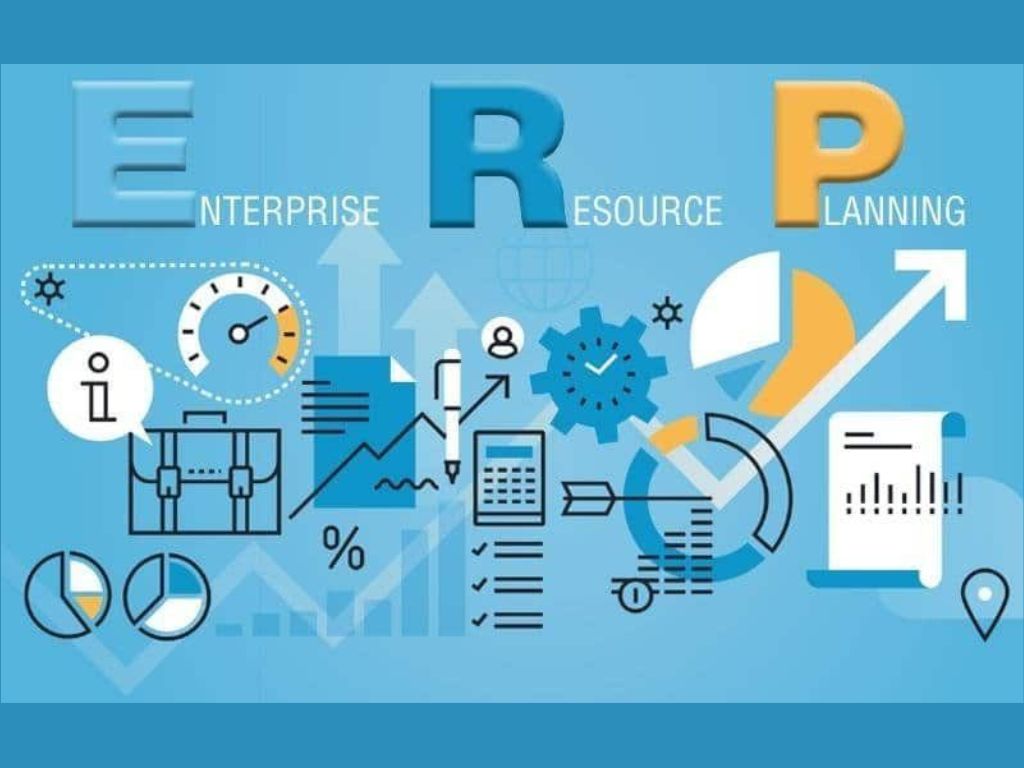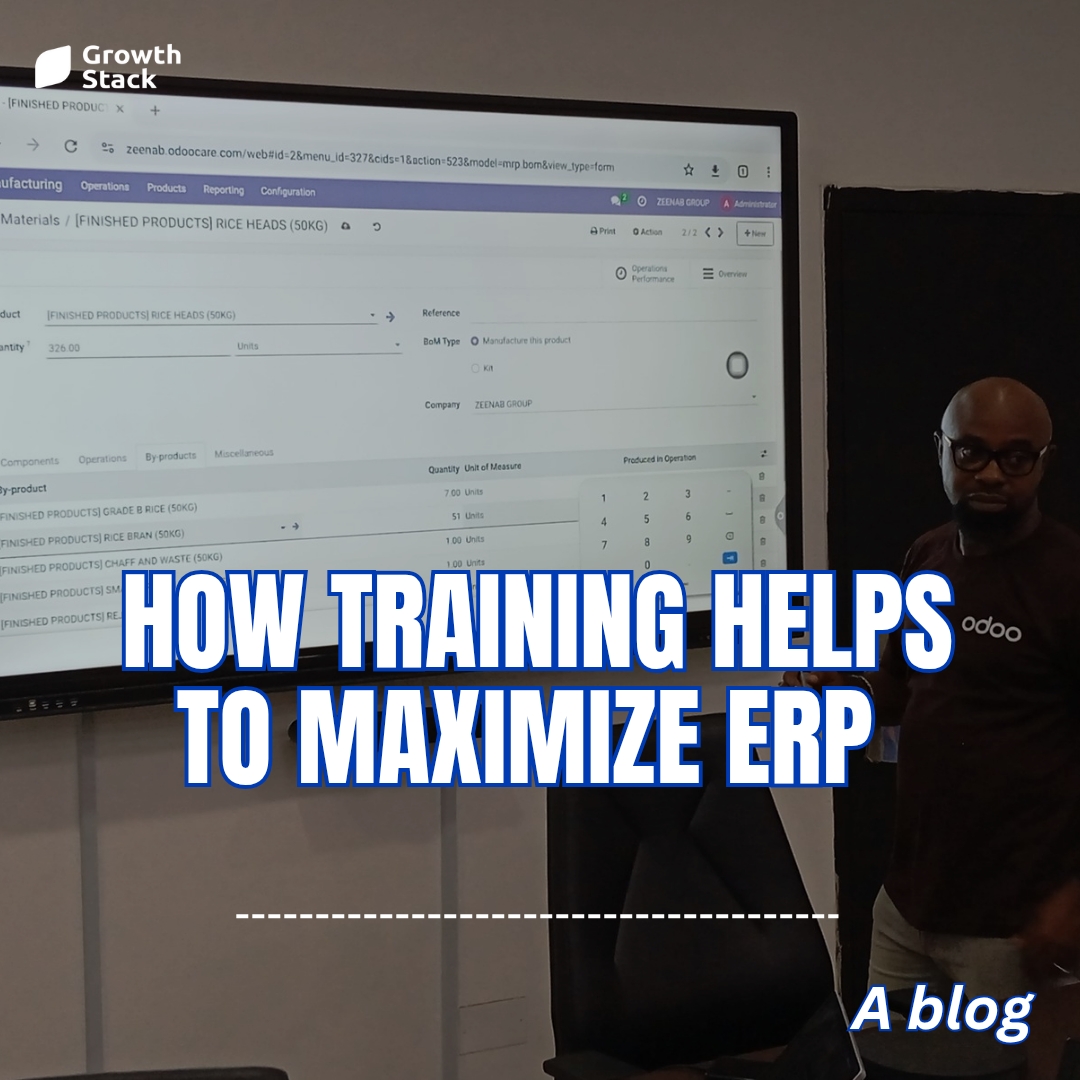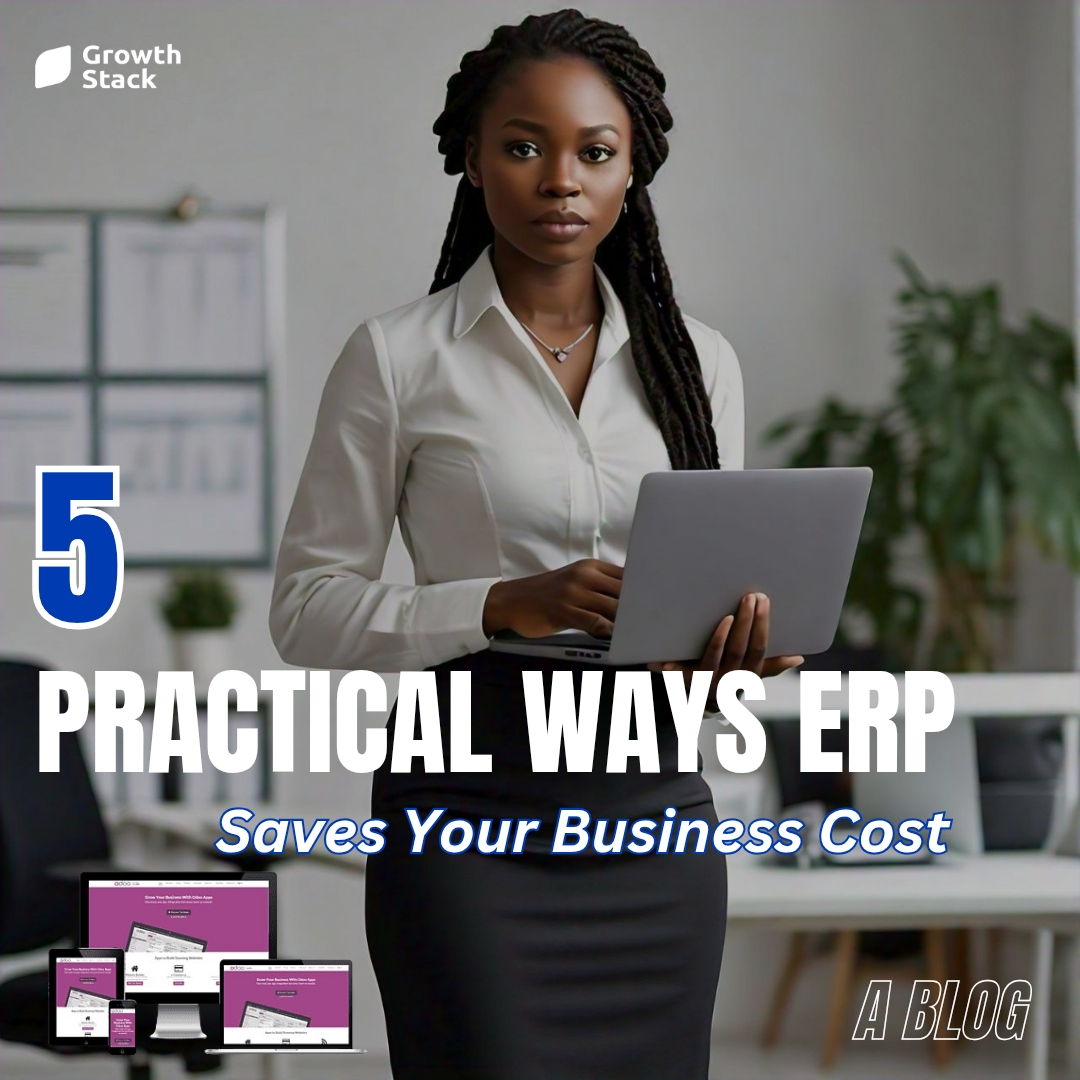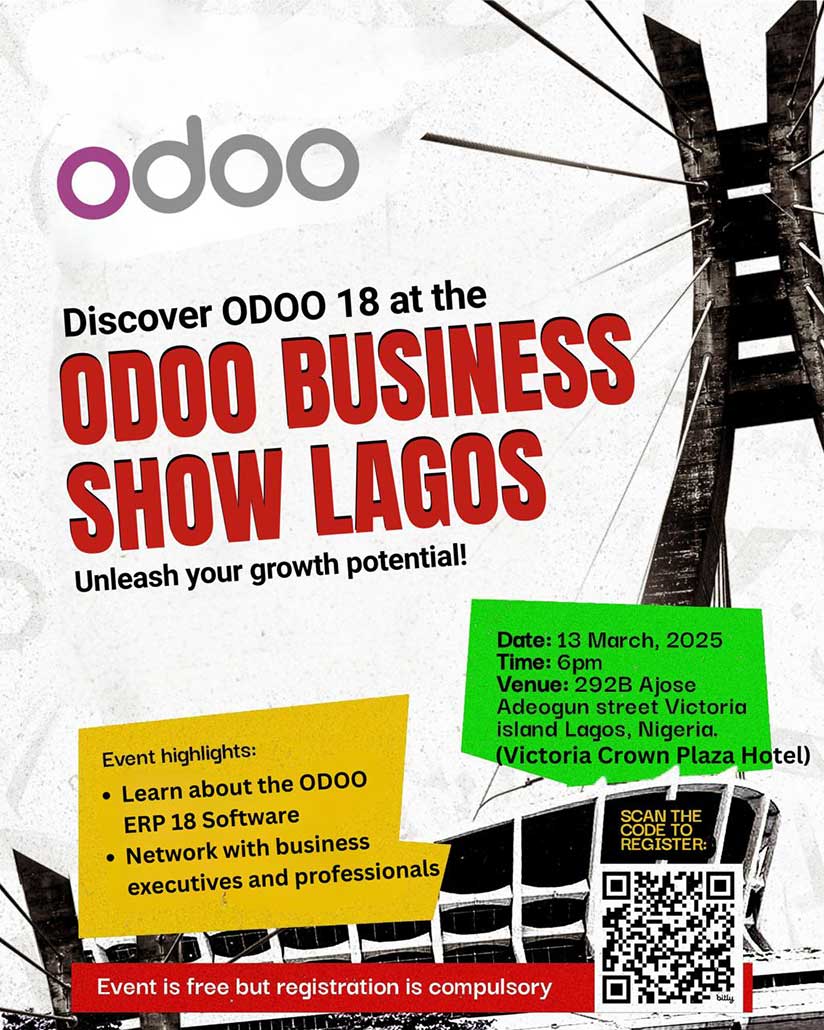Introduction:
In today’s fast-paced business world, firms require efficient and integrated systems to successfully manage their operations. Traditional business systems, defined by diverse and isolated programs, are gradually being supplanted by more sophisticated solutions such as Enterprise Resource Planning (ERP) software. In this post, we will contrast ERP software with traditional business systems, emphasizing the advantages and disadvantages of implementing ERP for streamlined processes and enhanced corporate performance.
Integration and Centralization:
Integration and centralization are two fundamental differences between ERP software and traditional corporate processes. Traditional systems frequently have numerous software applications for various purposes such as finance, inventory management, and sales. ERP software, on the other hand, combines these operations into a single, centralized platform, enabling smooth data sharing and real-time communication between departments. This integration eliminates data silos, lowers effort duplication, and improves efficient decision-making.
Comprehensive Functionality:
ERP software provides comprehensive capability that spans many different aspects of business operations. Traditional systems often provide restricted features that are department-specific, resulting in fragmented procedures and data. ERP software, on the other hand, includes numerous modules such as finance, human resources, supply chain management, customer relationship management, and others. This all-encompassing strategy ensures a full perspective of the business and allows for cross-functional collaboration.
Real-time Data and Reporting:
Accurate and timely data is required for informed decision-making. Traditional corporate systems frequently rely on manual data entry and periodic reporting, both of which can cause delays and inaccuracies. ERP software, on the other hand, provides real-time data updates and reporting capabilities, allowing users to rapidly access up-to-date information. This real-time visibility into vital business metrics, performance indicators, and financial data enables firms to make agile decisions and respond to market dynamics swiftly.
Scalability and adaptability:
Traditional business systems may fail to meet the changing needs of expanding enterprises. The constraints of standalone applications become obvious as firms grow, resulting in fragmented operations and data management issues. ERP software is built to be scalable and adaptable, allowing firms to rapidly adjust to changing needs. ERP software can scale to accommodate extra users, integrate additional modules, or expand operations to other locations, assuring smooth operations and streamlined growth.
Productivity and efficiency:
ERP software provides automation and process optimization features that traditional company systems do not. ERP software improves operational efficiency and frees up critical time for employees by automating common operations, workflows, and reporting. Manual data input and reconciliation processes are reduced, resulting in fewer errors and more productivity. Furthermore, ERP software standardizes processes, best practices, and workflows to ensure consistency and improve overall business performance.
Cost-effectiveness:
While the initial investment in ERP software may appear substantial, it frequently proves to be cost-effective in the long run. Traditional commercial systems may necessitate several licenses, maintenance, and upgrades for each unique application, increasing expenses. ERP software consolidates these costs into a single solution, minimizing the need for IT infrastructure and maintenance. Furthermore, the enhanced productivity, better decision-making, and streamlined operations achieved by ERP software can result in significant cost savings and higher profitability over time.
Conclusion:
The comparison of ERP software and traditional business processes demonstrates the obvious benefits of deploying an integrated ERP solution. ERP software enables firms to succeed in today’s competitive landscape with its centralized approach, complete functionality, real-time data access, scalability, efficiency advantages, and cost-effectiveness. Embrace ERP software’s transformative power to unlock the potential for simpler processes, improved decision-making, and long-term corporate growth.













